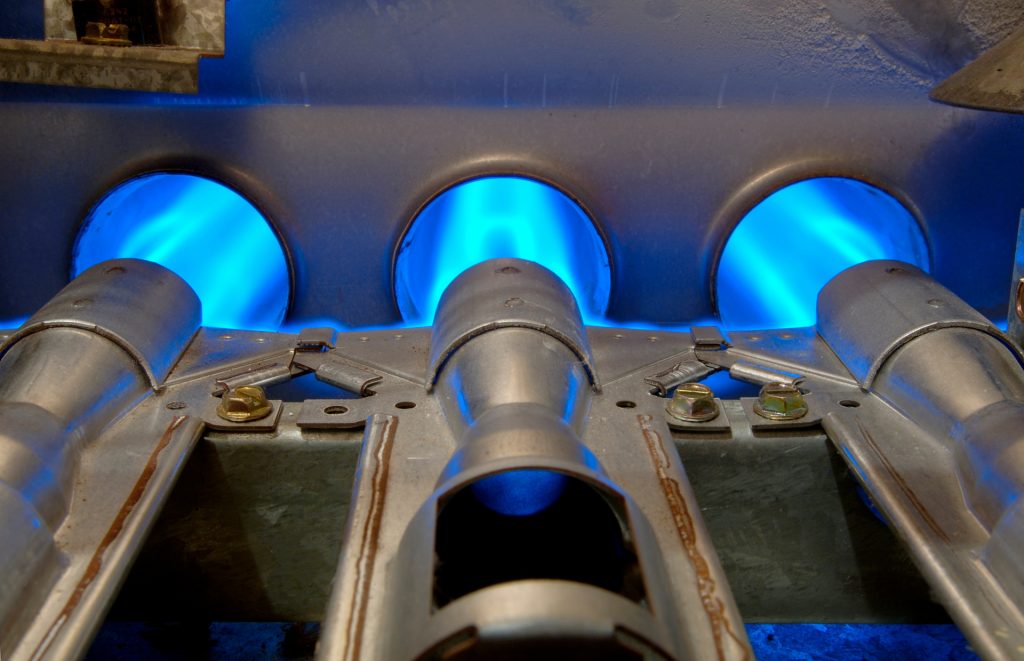
More than 66 million homes across the country use natural gas in some way. It’s the preferred power source for kitchens and the most reliable way to provide warmth while also saving money. Yet people still have concerns about the safety of using natural gas. It’s easy to become worried when you hear about accidents with natural gas resulting in fires, explosions, or carbon monoxide poisoning.
It’s true that natural gas can become hazardous, and the gas furnace in your home does have the potential to create safety issues. However, natural gas would not be used in 66 million homes (and five million businesses) if it was a regular safety problem. Gas furnaces are constructed to operate as safely as possible. As long as you have the furnace serviced regularly—annual professional maintenance tune-ups and prompt repairs as necessary—you and your family can enjoy years of worry-free heating.
However, we recommend you read below to find out how the furnace might turn dangerous. Arming yourself with this knowledge can help you know when to call us for professional furnace service in Georgetown, DE.
The Cracked Heat Exchanger
The biggest potential safety problem with a gas furnace is cracks along the heat exchanger. The heat exchanger is the metal compartment that captures the hot combustion gas from the burners and then transfers it to the air moving through the furnace along the hot metal walls. The toxic exhaust gas left over inside the heat exchanger is vented outdoor through a flue.
Over time, the expansion and contraction of the metal on the heat exchanger can lead to cracks forming. Corrosion may also begin on the metal due to years of exposure to the vapor in the combustion gases—a process that will speed up if the furnace isn’t venting properly. Even a small crack can become a problem because it will open as the metal expands. This can allow the toxic gases in the exchanger to escape and enter the air that is blown into the house.
If you hear a clicking sound from the furnace after the blower fan shuts off, you may have a cracked exchanger. If the furnace is more than 10 years old, the chances are higher, so have a professional inspect the furnace. Annual inspections in fall are the best way to avoid cracked heat exchanger troubles: technicians look specifically for cracks. The heat exchanger can be replaced, but if the furnace is old enough, the best route is to replace the entire furnace.
Gas Line Leaks
This isn’t a furnace-specific problem: the gas lines to any appliance in your house can start to leak and send methane into the home, creating a major fire hazard. Natural gas manufacturers put a special chemical called mercaptan into natural gas to give it a particular odor (it’s odorless otherwise) that will warn of a leak. If you notice a rotten-egg smell in the house, leave immediately and call the gas company.
When you need furnace service, depend on Atlantic Refrigeration & Air Conditioning, Inc. Over 30 Years of Quality Service!
